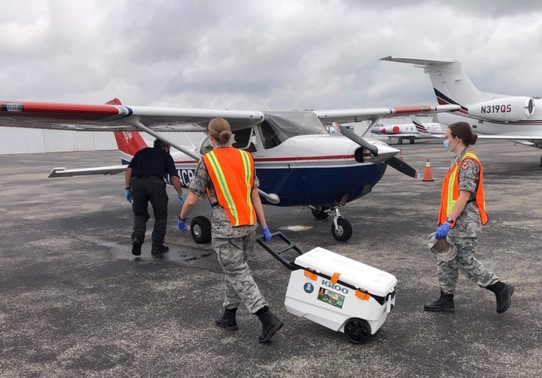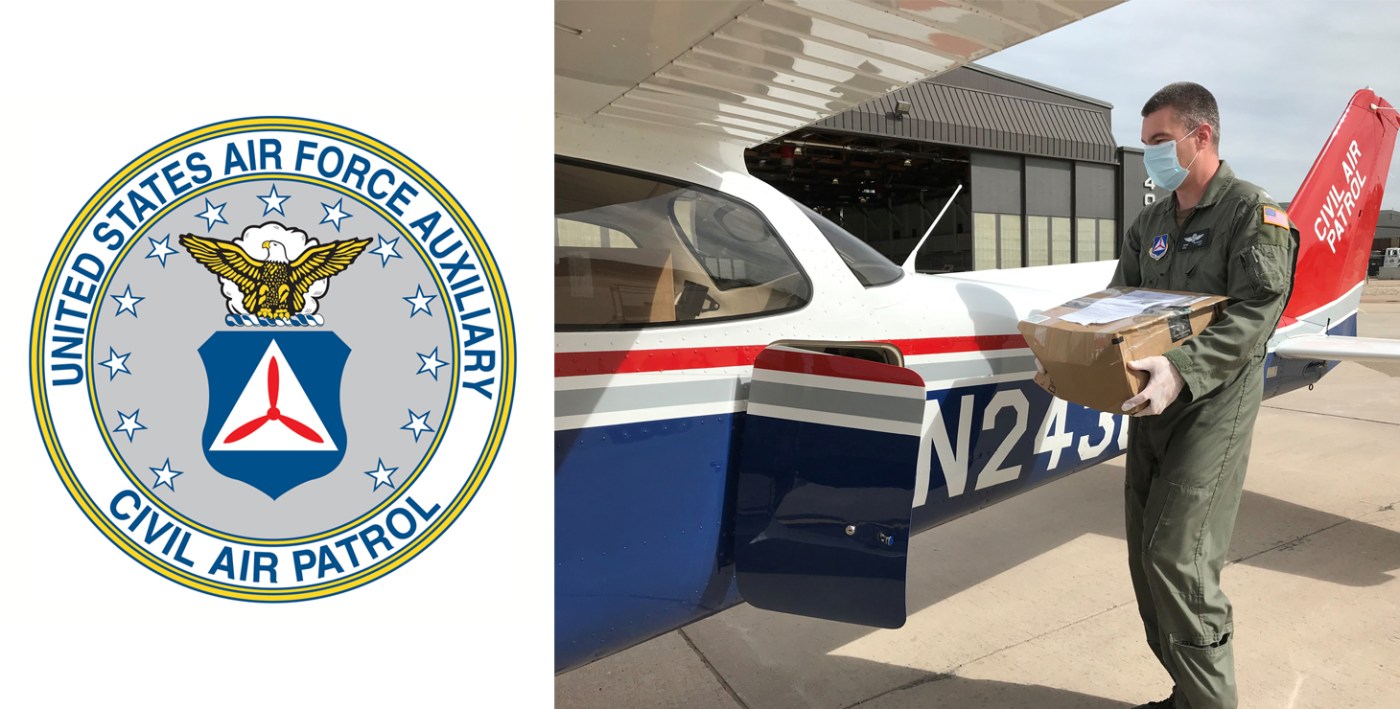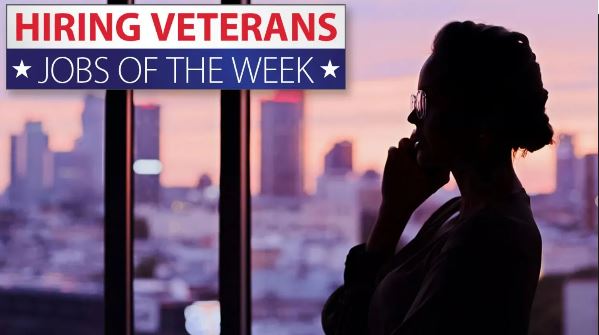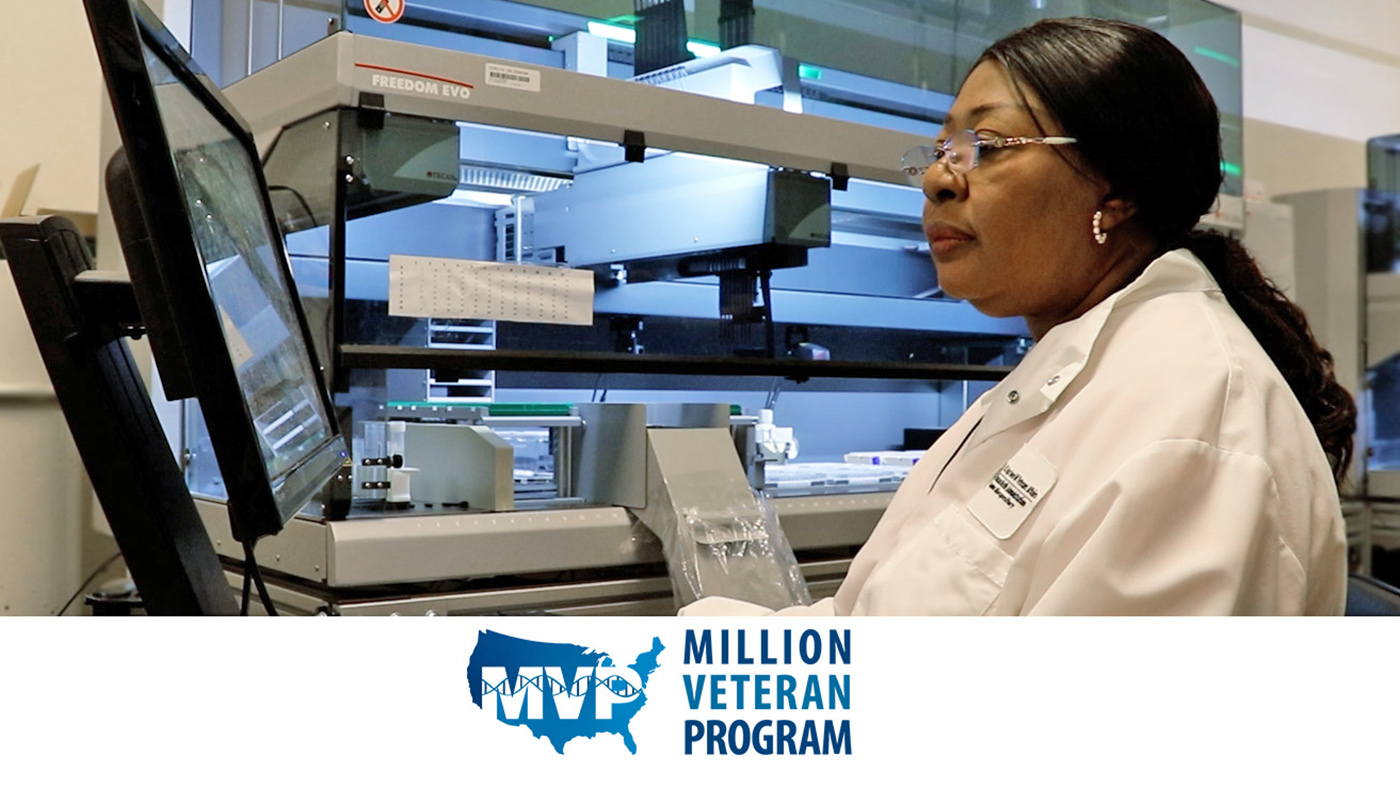Veterans looking to use their military background while helping the community and mentoring young people have an opportunity through the Civil Air Patrol.
Created Dec. 1, 1941, the Civil Air Patrol carries out emergency services and disaster relief missions nationwide.
The Civil Air Patrol, or CAP, is the auxiliary of the U.S. Air Force. The organization is made up of citizen volunteers who are there to search for and find the lost, provide comfort in times of disaster and work to keep the homeland safe. There’s about 60,000 members nationwide. They promote aviation and related fields through aerospace education and help to shape future leaders through CAP’s cadet program.
With the ongoing COVID-19 pandemic, CAP’s contribution is critical. Members work local food banks, deliver personal protective equipment, assist in disaster relief, and deliver blood supplies to remote areas. This is done both by aircraft and on the ground. As of late November, members helped deliver the following during the pandemic:
- 1,291 units of blood
- 7,525,293 meals
- 912,560 pounds of bulk food
- About 2.4 million masks
- 23,354 test kits
- 113,500 test samples
- 34,856 volunteer days of service
Many members are Veterans, but there’s also a mix of civilians. CAP welcomes people from all backgrounds and abilities.

Maj. Stanley Nelson (left) of the Roswell Composite Squadron hands a package of COVID-19 test samples to Master Sgt. Jeffrey Barlow of the Falcon Composite Squadron at Albuquerque International Sunport. Photo by Lt. Col. Beverly Vito, Albuquerque Heights Composite Squadron.
Veterans helping grow future leaders
Army Veteran Michael Moore is CAP’s national recruiting and retention manager. He spent four years as a combat medic on active duty. He’s also been a CAP member for more than 30 years.
Moore initially joined as a cadet in his hometown in Washington state. Cadets are 12- to 18-year-old members and can stay as cadets until age 21.
During his time as a cadet, Moore served in multiple roles. He even served as an exchange cadet with an equivalent unit in England. He said his stint as a cadet, receiving guidance from military Veterans, influenced his decision to join the military.
After his four years in the Army, he found himself as one of those military Veterans influencing cadets. As a senior member—those who join initially after age 18 or cadets after age 21—he was in a position to help others, which he continues to this day. Moore said he’s mentored cadets who’ve gone on to be a banker, a politician, military members, and graduates of the Air Force Academy, Naval Academy and West Point.
“You did something that made a huge difference in their life,” he said. “It’s always cool to get those ‘volunteer paychecks.’”
Doing something different
Moore said another benefit of CAP is Veterans can try a different job they never experienced in the military.
“The nice thing about CAP is it gives you the opportunity to do what you want,” he said. “You can try something you never did in military. Remember, it’s a group of volunteers.”
Moore himself has taken on roles as a public affairs officer, inspector general and flight observer. These jobs differ from his day job as a global security access manager for Adobe and his military job as a combat medic.
Using military background
Moore said Veterans serving in CAP are a natural fit to accomplishing their mission.
“People who’ve been in the military understand what’s needed to get the job done,” he said.
Moore added that Veterans bring enthusiasm while helping with their local community. He said CAP provides a “real-life mission” for Veterans, who can help non-Veterans maintain focus when working on a goal.
“They benefit from having a former military member,” he said.
Marisa Peloquin is a retired Army colonel and a CAP member, serving as the professional development officer. Peloquin spent 30 years between active duty and the Reserve, getting involved when her son walked by a CAP recruiting event. She helps people with education and training, helping members choose a specialty track. She’s also an emergency services member. Peloquin said the organization is friendly, with an inclusive mindset.
“I find Civil Air Patrol to be welcoming and team focused,” she said. She added the organization takes people with disabilities—an important part of why she joined. Peloquin’s husband is a disabled Veteran and her son has high-functioning autism.
“They take people regardless of disability,” she said. “People have different talents, and that’s what I love about CAP.”
Peloquin admires how the organization also resembles the military in other ways. This includes life-long learning, akin to professional military education. She added that teamwork is one of the central parts of the organization. She said teamwork in her unit helped in a missing aircraft search to find a pilot.

Alabama Wing members deliver unused COVID-19 testing kits to waiting aircrew members in a CAP Cessna 172. Photo by 1st Lt. Edward Todd, Alabama Wing.
Camaraderie between Veterans
For Moore, another benefit is being around fellow Veterans who offer support and camaraderie.
“Everybody has that common military story,” he said. “To get around those same people has been a benefit.”
He said being a CAP member has given him life-long relationships.
Peloquin agreed, saying Veterans can build friendships while continuing to do something important.
“We developed a camaraderie like I felt in the military,” she said. “I find it to be very healthy for a Veteran. A person can contribute as much as they want.”
CAP’s missions
Civil Air Patrol has three primary missions: emergency services, aerospace education and cadet programs. Members perform emergency services for state and local agencies, for the federal government as the civilian auxiliary of the Air Force, and for states/local communities as a nonprofit organization. CAP’s education program promotes aerospace, aviation and STEM-related careers. The cadet program transforms youth into dynamic Americans and aerospace leaders through a curriculum that focuses on leadership, aerospace, fitness and character. Many of the nation’s astronauts, pilots, engineers and scientists first explored their careers through CAP.
To learn more or join, visit https://www.gocivilairpatrol.com/.
Topics in this story
More Stories
Seven U.S. Army soldiers, one Army Reserve soldier and two Veterans are representing Team USA at the 2024 Olympic Games in Paris, which begins today.
Each week, we receive job announcements from employers and employment websites—including RallyPoint, RecruitMilitary, VetJobs and HireMilitary—looking to hire Veterans. This post contains links to job listings for the week of July 22, 2024. Each week, we’ll continue to post relevant and timely listings as we receive them, and for the locations listed.
The findings of this new MVP study underscore the importance and positive impact of diverse representation in genetic research, paving the way for significant advances in health care tailored to Veteran population-specific needs.







